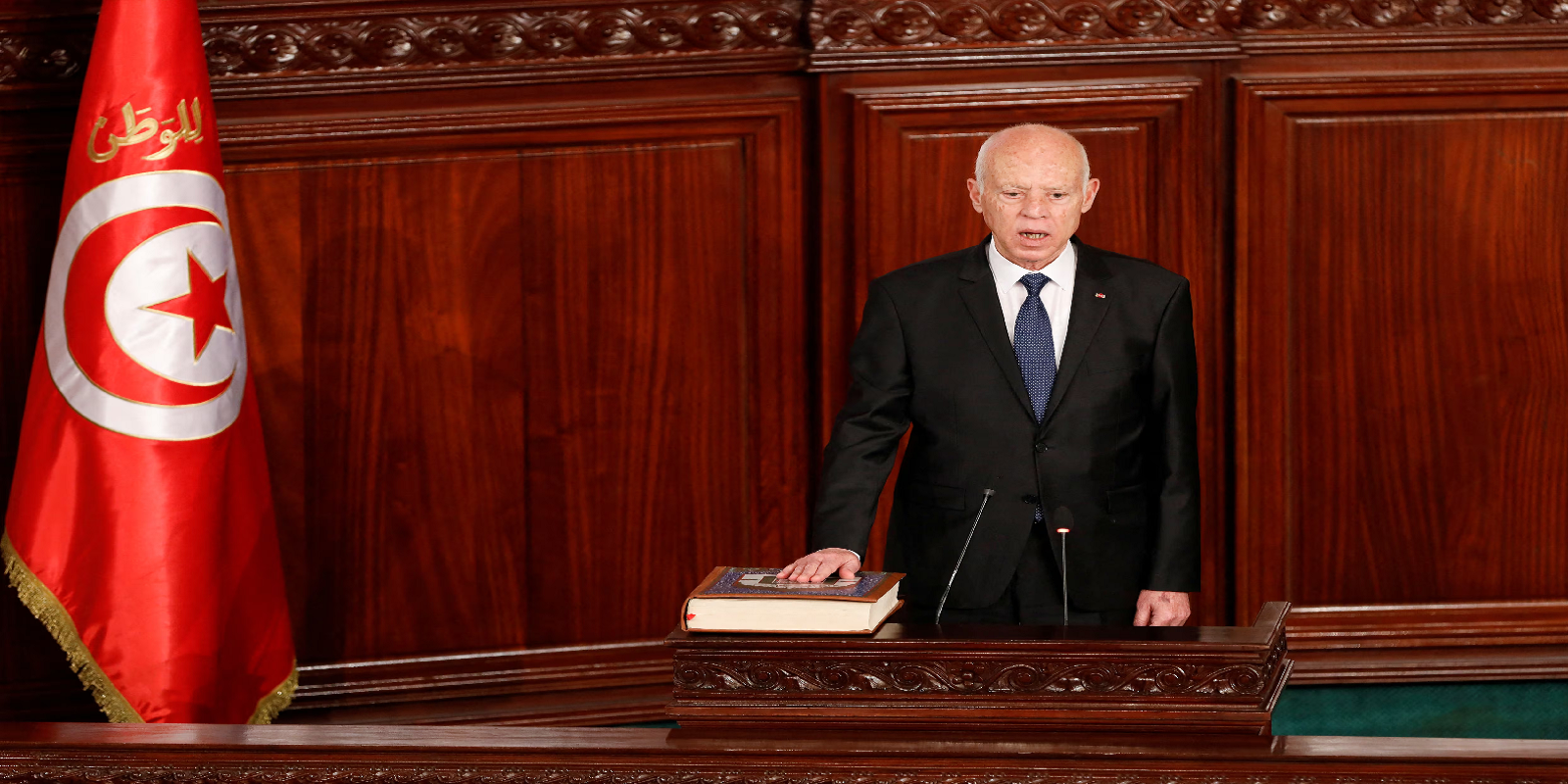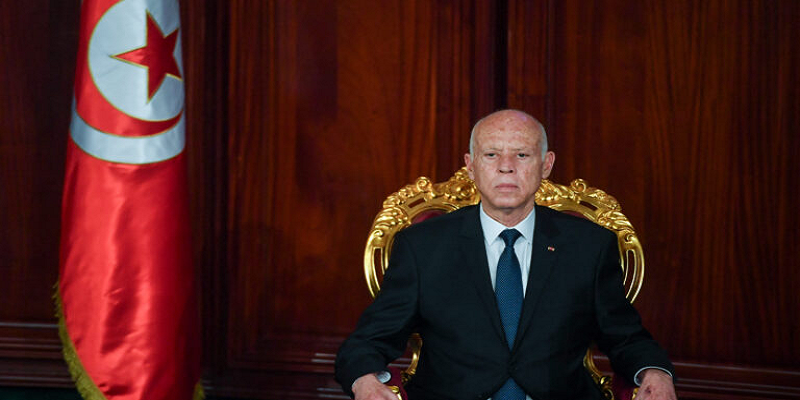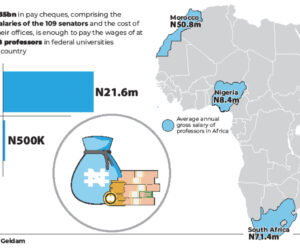A Tunisian man who was handed a death sentence because of Facebook posts in which he criticised President Kais Saied has been released after the president offered him a pardon. The case, which started with a show of opinion on the internet, soon attracted international attention and sparked debate about the boundaries of free speech in the North African nation.
Saber Chouchane, aged 56 and a day labourer, was detained last year for repeatedly attacking the president on his Facebook page. He was charged by authorities with compromising state security and disseminating false information liable to cause public disturbance. In September, a court in Nabeul sentenced him to death, which rights organisations labelled an unprecedented move.
His attorney, Oussama Bouthalja, verified that the verdict had been appealed, calling it a grave infringement on the right to free speech. Tunisia’s Ministry of Justice did not have an immediate comment, but the decision quickly attracted worldwide coverage and criticism from rights groups.
The Tunisian League for Human Rights said the judgment was shocking, noting that the country had not carried out an execution in more than three decades. Relatives of the convicted man said they were heartbroken.

The outrage that ensued was swift and intense. Local journalists and human rights activists condemned the ruling, viewing it as a serious threat to freedom of speech in Tunisia. This controversy quickly escalated to the president’s office, leading to a decision that completely reversed the previous ruling.
Facebook reactions to Tunisia president’s pardon
The vast majority of death sentences in Tunisia have conventionally been reserved for violent offences and rarely executed. The Chouchane verdict was therefore seen as exceptional, especially because it targeted online denunciation rather than violent actions.
The political climate in Tunisia has changed significantly since 2021, when President Saied dissolved the parliament and began governing by decree. The government justified this decision as a necessary step to combat corruption and political unrest. However, opposition parties and human rights organisations have denounced it as a setback for democracy.
Since then, several journalists, opposition members, and internet activists have been detained for critical messages regarding the presidency. This has turned the internet into a contentious space between citizens and the state. Tunisians primarily use Facebook for political discussions, and the reaction to the death penalty reflects rising concerns over the feasibility of public opposition.


Under global pressure, the presidency granted a full pardon to the convicted man, who was released shortly after. While his family and supporters felt relieved, concerns over online freedom persisted.
Activists pointed out that though the pardon rescued Chouchane from capital punishment, it did nothing to address the greater, more general issue of criminal sanctions against speech. Without reforms to Tunisia’s laws on digital communication, they said similar cases could happen again.
A greater question of speech and power
The case brings to the fore the delicate equilibrium between state power and citizen rights in Tunisia. The nation had been hailed as the Arab Spring’s success story of 2011 after it toppled authoritarian rule and ushered in fresh liberties. Yet, the political changes that were gained over the past decade now also seem precarious.
Legal observers highlight that this case shows the government’s ongoing use of security laws to silence critics. These laws allow courts to view online posts as threats to state security, leading to potential prosecution for anyone expressing dissent on social media if their comments offend public institutions or the presidency.
This case highlights the decline of judicial independence, with judges and lawyers expressing concerns about executive interference and biased treatment in politically charged cases. International human rights organisations have urged Tunisia to protect the judiciary and ensure fair trials for defendants charged with online crimes.


The amnesty eased temporary tensions but ignited new controversies about the nation’s direction. Many Tunisians believe the state’s criminal punishments for cyber critics will suppress open discussion. Saber Chouchane’s case symbolises repression and resistance, highlighting how quickly digital expression can be criminalised.
Economically, Tunisia is still confronting inflation, unemployment, and shrinking foreign investment. Experts think that renewed international pressure over human-rights abuses can further influence global alliances, particularly with Western nations that have endorsed Tunisia’s democratic movement.
For now, the focus remains on ensuring that the pardon leads to lasting change rather than being viewed as a one-time political gesture. Rights groups are calling for amendments to laws that criminalise speech, while lawyers continue to appeal for transparency in how digital-related cases are handled.
Most Tunisians reflect on the revolution’s core ideals of dignity, justice, and freedom. While their endurance in today’s climate is uncertain, the case shows that an individual’s online posts can spark significant national and global discussions about power, justice, and free speech in the digital age.








